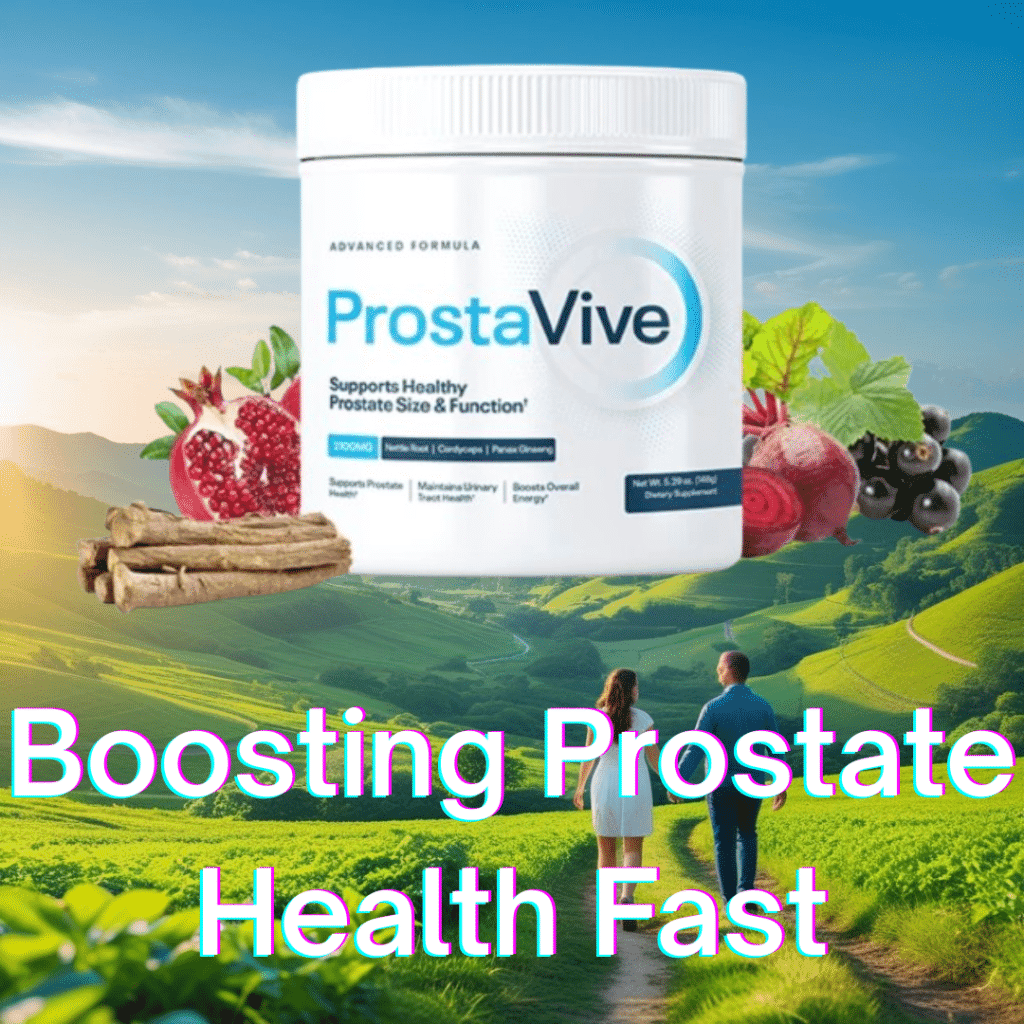Intermittent fasting has many advantages. You feel better, lose weight more easily and can reduce chronic pain. Can intermittent fasting also improve sporting performance?
Overview
What is intermittent fasting?
Intermittent fasting or interval fasting is basically not a real fasting method. It is rather a certain rhythm of eating, which contains long phases of not eating, i.e. fasting. These can be only 12 hours long, but also 16 or 18 hours. Intermittent fasting can therefore be done in different ways.
How does the most popular intermittent fasting method, the 16/8 method, work?
The most widespread method is the so-called 16/8 method. This method extends the night fasting period to 16 hours and eats in a time window of 8 hours.
So if someone has finished dinner at 6 p.m., for example, you don’t eat again until 10 a.m. the next day. The second main meal is then eaten around 5 p.m. Generally, there are no snacks between meals. Of course, the two meals that someone eats each day are made up of healthy food and of course, no alcohol is drunk.
Does interval fasting cause hunger?
Since you can eat full during the two meals, i.e. you do not have to count calories (as is the case with some diets), you will not feel hungry during the 16-hour intermittent fast.
However, depending on previous eating habits, it may take some time for the body to adjust. If it was previously used to being supplied with food every two hours, it may initially experience disturbing feelings of hunger, but this should subside after two to three weeks, as it is often not hunger that is expressed, but appetite.
In the time before the main meals, however, a feeling of hunger is of course normal and also desirable, because you should only eat when you are actually hungry.
Is intermittent fasting harmful for athletes?
Intermittent fasting – whether with or without sport – has – as usual with almost every topic – supporters, but also opponents. Proponents observe an improvement in their well-being and performance. They simply plan their sporting activities into the fasting phases and then supply themselves with new energy during the eating phases. There are also variants in which the training is done during the eating phases, which is also promising.
Opponents have often not even tried intermittent fasting themselves and are usually bothered by the fact that there is no breakfast during interval fasting. After all, it is sufficiently known that a person is not capable of performing without breakfast, whereby inappropriate studies are pointed out, e.g. with children whose cognitive abilities were worse without breakfast than with breakfast. At best, a light sporting activity is conceivable during the fasting phase, but certainly not a demanding cardio or muscle workout.
After a phase of fasting, the muscle glycogen stores were still full, but the liver glycogen stores were empty, they were used up during the night. An empty liver glycogen store, however, reduces the blood sugar level and thus reduces the ability to concentrate as well as mental performance, since the brain is no longer properly supplied with glucose. This means that you cannot use the maximum potential of your exercise sessions.
Furthermore, since most people, according to some critics, do sport in the evening because of their work, they would have to go to bed hungry, since they are not allowed to eat anything during intermittent fasting after sport, which is not the truth.
What’s it really like? Do your cognitive abilities decline if you don’t eat breakfast?
It was previously criticized that children’s cognitive abilities suffer when they skip breakfast, which is sometimes used as an argument against intermittent fasting. However, children are still growing and therefore have different needs than adults, so study results with children should not be applied to adults. In September 2008, the American Journal of Clinical Nutrition published a study that confirmed this, namely that a temporarily low food intake did not reduce the performance of adults.
In concrete terms, this study shows that cognitive performance, the degree of activity, sleep quality and mood were not impaired even if the test persons – healthy adults – had eaten only about 300 kcal per day for two days. In this study they were just as efficient as the control group, which ate just under 2,300 kcal a day.
What was interesting about this study was that the test persons did not know whether they were eating low-calorie or high-calorie menus. It is therefore quite possible that many people feel stomach weak without breakfast and do not take part in sports because they are too influenced by the general opinion: never leave home without breakfast, you are not efficient without breakfast, breakfast is the most important meal of the day, etc. etc.
If they would not let themselves be disturbed by truisms like these, their performance without a stressful breakfast might not only be undiminished, but might even be better than with breakfast.
Can intermittent fasting improve athletic performance?
Reports and experiences of this kind are confirmed by various studies, whereby the effect of fasting on athletic performance was examined long before the great intermittent fasting hype. In October 1986, for example, performance was observed on the basis of a 90-minute run after a 23-hour fast. No difference was found. The test persons were thus able to master the run equally well, regardless of whether they had eaten something before or whether they had fasted for almost a whole day.
In the fasting group a higher fat mobilisation could also be observed. In the study summary, this sentence is also interesting: “These results show that in humans, the blood glucose level during training remains at a normal level even after a fasting phase and thus despite the depleted liver glycogen storage”. The fear that the blood sugar level could suddenly go crazy during interval fasting was therefore not confirmed.
In 1987 another study on fasting sports was published. Here, the test persons fasted for 3.5 days before their athletic performance was measured by various parameters. Most values were not affected by the fasting. Only the isokinetic strength of the muscle was reduced by 10 percent. The isokinetic force is the force that the muscle exerts when it moves, e.g. to pull weights towards or away from itself, while isometric force is built up without movement, e.g. to hold a weight.
However, it can be assumed that the reduction of the isokinetic force by 10 percent was only the consequence of the very long fasting period in this study and will not be seen with interval fasting.
All in all, it would even be optimal to train in a sober state, even at the end of a 16-hour fast – no matter whether strength or endurance training – and then break the fast after the training.
What is the main advantage of intermittent fasting for athletes?
If someone is training at the end of the fasting phase, the last meal as a source of energy is definitely lost. It has long since been digested and metabolised, as it was eaten 12 to 16 hours ago.
However, the liver glycogen stores are far from empty, as the critics claim. This is in all probability only after 24 to 48 fasting hours completely emptied. After 12 to 16 chamfering hours it might be still half filled – naturally always dependent on the physical activity during this time.
With sport, however, the glycogen reserves are quickly depleted, especially if they have already been emptied to a large extent by fasting. The body will therefore also obtain the energy required for sport from the fat cells. This results in increased fat mobilisation and fat burning.
In addition, fasting alone can lead to an increased release of growth hormones (HGH, Human Growth Hormone). These hormones, in combination with appropriate training, promote muscle building (the body’s own protein synthesis) and accelerate the described fat mobilisation and fat burning.
It is known that sport can increase the level of growth hormones. In combination with fasting, however, a much higher level is now achieved, whereby this level increases with the number of hours of fasting – as a study from 2011 showed. The study report stated that a 24-hour fasting period increased the growth hormone level by an average of 1,300 percent in women and almost 2,000 percent in men.
It can be assumed that the level is also significantly higher after 16 hours than without fasting.
We hope you were able to get some helpful information and maybe you will soon be able to prepare for an intermittent fasting cure. If you want to learn more about intermittent fasting, we recommend the following article: Top 10 Things Athletes Should Know About Intermittent Fasting
You can also treat yourself to some cocoa during intermittent fasting. Try Cacao Bliss and you will be delighted.
*Affiliate Link, but a sweet one😋*
If you are looking for a diet program, here is our list:
The Smoothie Diet: 21 Day Rapid Weight Loss Program
Red Tea Detox – New Weight Loss For 2020!
Mediterranean Diet – The Official Diet Plan










